How Much Does Culture Matter in the NBA?
Culture is an oft-mentioned buzzword in the NBA. Like adaptability and forward thinking in the business world, it’s an ill-defined concept, thrown around as a cure-all for losing franchises, a justification for teams that win. What is culture and how much does it really matter? That’s the subject of today’s Blazer’s Edge Mailbag.
Dave,
I hear alot about culture as an ingredient for success. Do the Blazers even have one? How important do you think a team’s culture is to winning? Should we be worried that no matter how many players we get they’re just going into the same pile of mediocrity? I am kind of worried about exactly that.
Nate
Let’s talk about the significance of culture before we explore whether the Blazers have any.
We need to define terms first, a perilous undertaking. NBA culture is like Judge Potter Stewart’s definition of hardcore pornography: difficult to define precisely, but you know it when you see it.
For our purposes, let’s call “culture” an intangible word covering the tangible approaches to the game peculiar to each franchise. Culture is a franchise’s variably-visible “why” behind the more obvious “what”. Emphasis in practice and on the court, filters used when acquiring players, motivational techniques used with those players, choice of coaches and front office members, management style, environmental factors, and presentation to the public all fall under the umbrella.
Part of culture is intentional, preceding events. “We favor this management style because we believe it fits the environment and will produce results.” Other parts are unintentional, developing as a result of events. “We made these choices which had these outcomes and now we’re known as the ‘X’ franchise.”
As such, culture seldom remains static. Part of it is layered at a bedrock level. The Trail Blazers will always be a small-market franchise. They will never have the same outlook as the New York Knicks. Other parts change with the seasons. Drafting, losing, re-recruiting, and then saying goodbye to LeBron James certainly altered the culture of the Cleveland Cavaliers multiple times.
The effect of culture is up to debate. Mostly it’s used as an ex post facto explanation for the fortunes of a given franchise. On rare occasions, like the 1980’s Clippers, the 1990’s Timberwolves, or the 2006-2016 Sacramento Kings riding the coaching carousel at top speed year after year, people could surmise that warped culture was going to impact a team’s development before it actually happened. That’s easier when culture is negative. Winning teams, by contrast, tend to get credited with good culture retroactively, after they’ve succeeded. Be careful, though. As soon as the wins disappear, so does the credit.
Personally, I look at culture as a multiplier, not an additive. Great culture will not turn a 4 out of 10 team into an 8. It might add 10% to your total output, making practices and games that much more effective. If you’re at a 2.5 to begin with, congratulations! You’re now a 2.75 and you’re still going to stink. But if you’re in the upper echelons of the league where margins between victory and defeat are slim, that extra edge can make the difference between you and a similarly-talented competitor.
I’ve heard three franchises lifted up as paragons of culture for the last few decades: the Miami Heat, the Los Angeles Lakers, and the San Antonio Spurs. The Heat have even branded theirs, emblazoning it on their court and bragging about it to anyone who will listen.
Examine a little closer and those claims start to fall apart.
- Miami also has a world-famous beach with even more famous nightlife and zero state income tax which, in effect, gives a near-10% raise to their players over and against most other franchises. They’ve feasted off of high-profile, high-contract free agents bolstering a couple of good draftees.
- The Lakers have the benefit of a huge city, huge ad dollars and local revenue streams, and being broadcast nearly every week for years to the point that they’re the league’s marquee franchise. They’ve also thrived on free agents and forced trades that no other organization can generate.
- San Antonio probably has the best organic claim to defined, sustained, successful culture. Gregg Popovich’s coaching and executive tree is vast. However, they’ve won the NBA lottery three (3) times, each in a year containing an all-universe, all-generational, league-redefining big man. Take away David Robinson, Tim Duncan, and Victor Wembanyama and we’re not talking as obviously about Spurs culture. They’re a nice curiosity, not a league pillar.
This claim is bolstered by the fact that, during down times, most observers (sometimes even their own fans) have turned on these franchises. Miami is just the latest example of a team fielding the same coaches and same executives with the same approaches, then watching it all go to hell because the players aren’t there. Culture can’t fix Jimmy Butler’s persnickety ticking timer or Tyler Herro’s lack of meaningful defense.
This brings us to the questions of the hour: How about the Blazers? Do they have a culture? Does it matter?
Portland was once well-known for culture. It encompassed everything from their on-court play to their broadcast choices to their relationship with the city. They started losing their grip on that distinction during the decade when Bob Whitsitt served as General Manager. The Jail Blazers era poured water on the fire and stomped on its ashes. There was a modest revival with Brandon Roy and Kevin Pritchard, but that was short-lived. Neil Olshey and company did nothing to bolster or resurrect it. Instead he left the team disenfranchised, at odds inter-organizationally and at least somewhat with the public.
It’s not coincidental that the ebb in culture corresponded with an ebb in winning. The Blazers haven’t been large-scale successful for two and a half decades now. Even if they had an established culture, it’d be like beating a drum underwater: soggy and muffled.
I think one can argue that Joe Cronin is trying to reestablish some form of local culture for the franchise. It seems to be typified by loyalty, continuity, giving unknown and underappreciated players a chance, and a newfound emphasis on youth, athleticism, unselfish offense, and stout defense. Dollars, minutes, and roster spots have all gone to personnel who fit these characteristics.
One can argue that these characteristics are well-suited to Portland. Returning to our prior comparison, the Knicks would never make the choices the Blazers have recently. They’d have fired Chauncey Billups two seasons ago, not extended him. We probably wouldn’t be talking about extending Anfernee Simons and Deandre Ayton as live options in New York either. The Knicks are trading for Mikal Bridges and Karl-Anthony Towns, not Deni Avdija and Toumani Camara.
Whether these decisions will actually lead to winning is another matter. That’s another way of saying, “Whether the extra 10% that culture potentially adds will ever make any difference to the Blazers remains to be seen.” Right now it doesn’t mean much. Culture or no, they’re not a great team.
I will say this. Though parts of culture are affected by events, a franchise can’t just create a culture out of whole cloth overnight. If the Blazers ever get to that +10% point someday, the seeds they sow now will contribute. If Portland were to strike Spurs-like lightning and win the Cooper Flagg lottery, it would help that they have already started to become defensive-minded and weren’t trying to turn on a dime the moment he arrived. Maybe someday being known as the franchise that trusts in and financially rewards players (and coaches and executives) that are loyal to it may pay dividends. In that sense, it’s good that the team is starting to establish an identity, even if parts of that identity need to evolve still. Something is better than nothing.
Overall, though, both the Blazers and their fans should hold loosely to the concept of culture for now. Some parts of it will never change. Working hard in practice, paying attention to details, and playing defense are evergreen. Championship habits benefit teams even when they’re nowhere close to a title. They need to become part of the atmosphere, as omnipresent as oxygen. Without air in the room, nobody’s succeeding. But talent and skill are going to outweigh almost every other consideration. A 30-point scorer who doesn’t play much defense might be worth a cultural adaptation. Re-signing non-optimal players out of loyalty alone won’t help the team.
Culture plays a part in the NBA equation, but it’s not the first consideration or even the main variable. It certainly contributes to winning, but in the absence of winning, it doesn’t mean much. When the Blazers win again, you’ll probably be able to identify, even feel, their cultural underpinnings shining through. Until then, it’s like having a nice hardwood floor underneath a pile of rubble. You want them to keep it intact, repairing as necessary, but nobody’s going to talk about it until the debris is lifted and the room is serving its intended purpose again.
Thanks for the question! You all can send yours to blazersub@gmail.com and we’ll try to answer as many as possible!
Share this content:
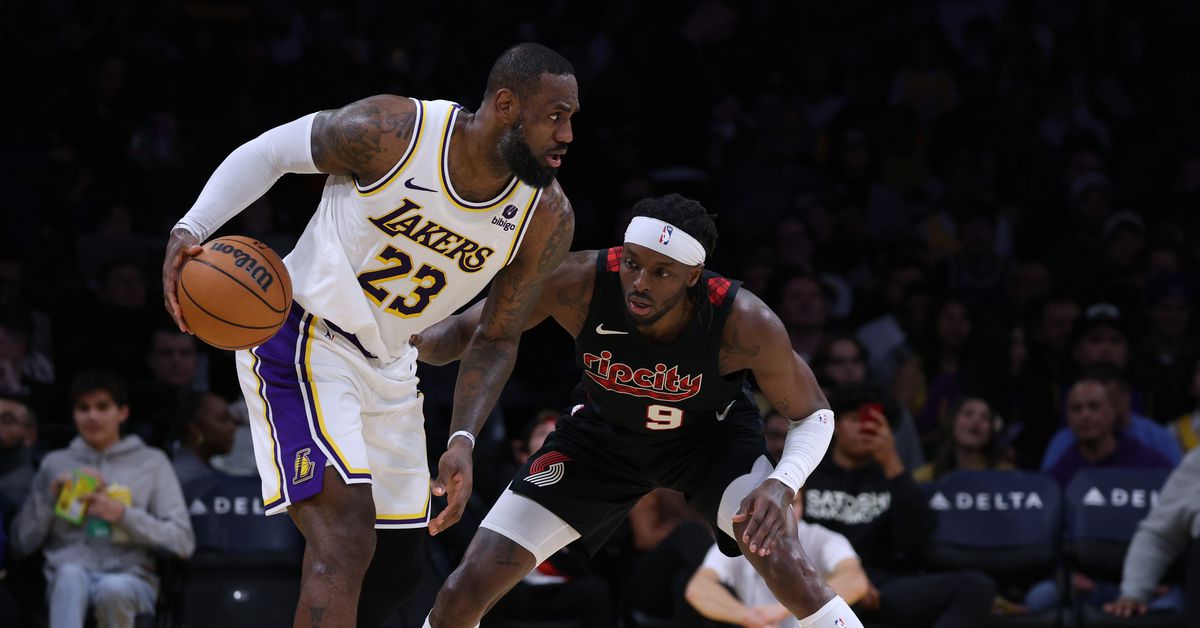

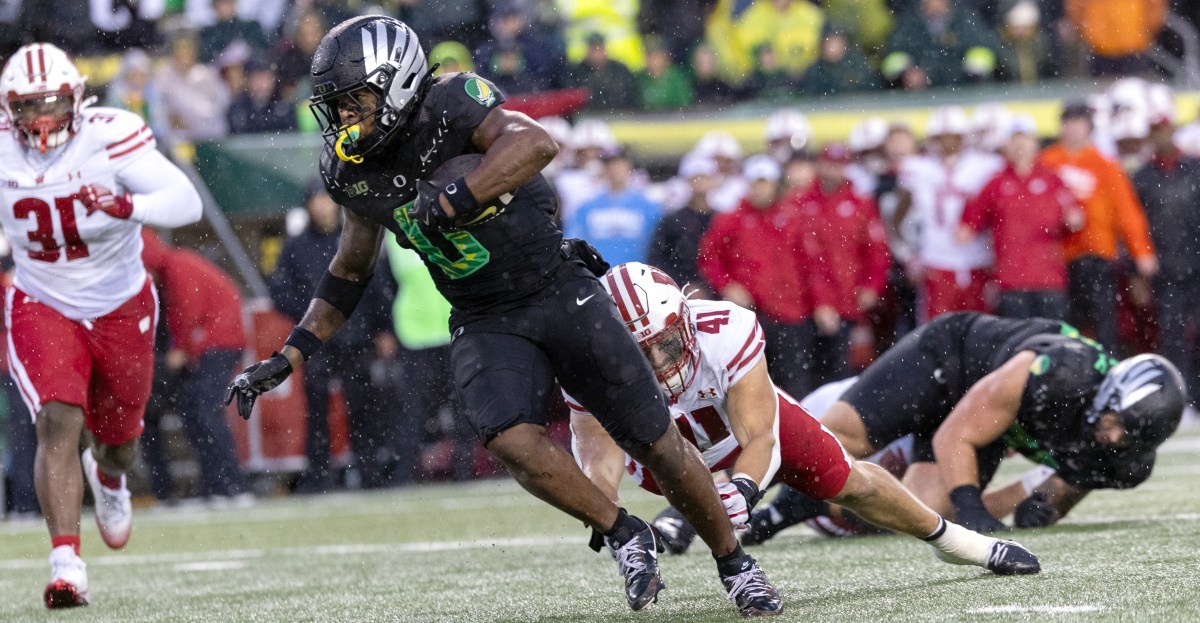
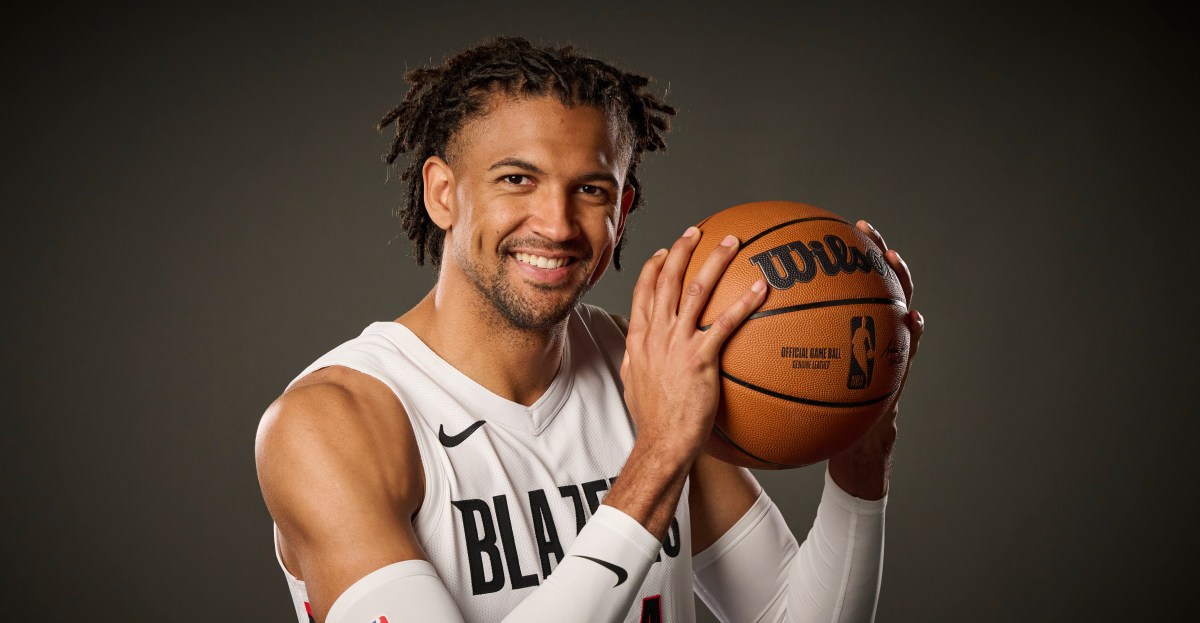
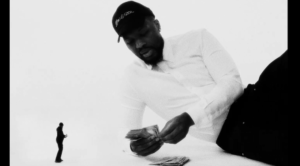


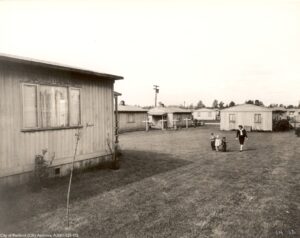






Post Comment